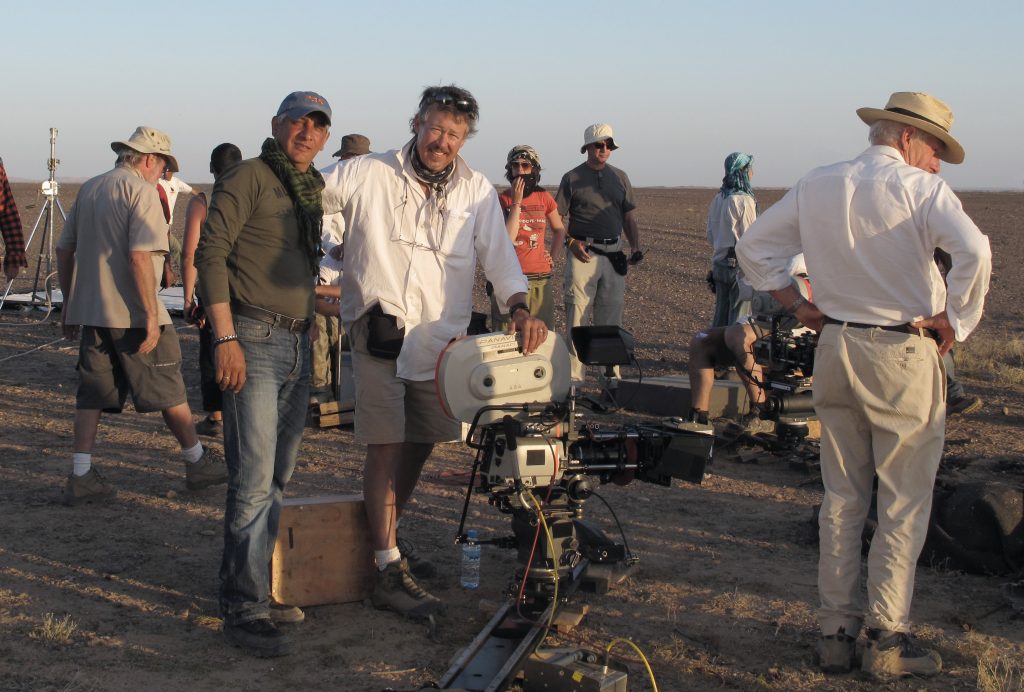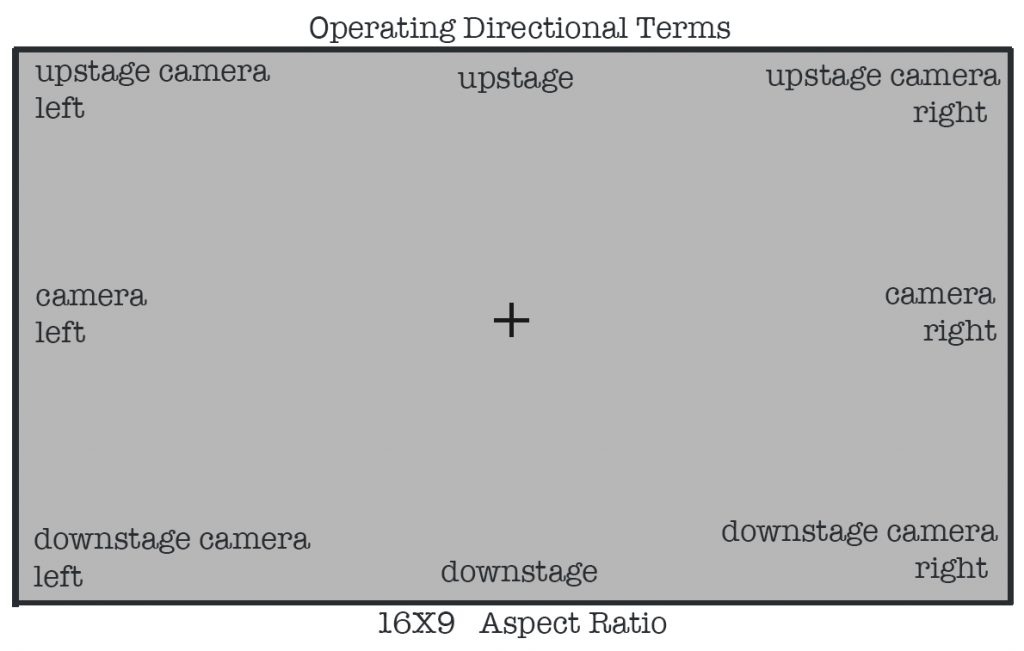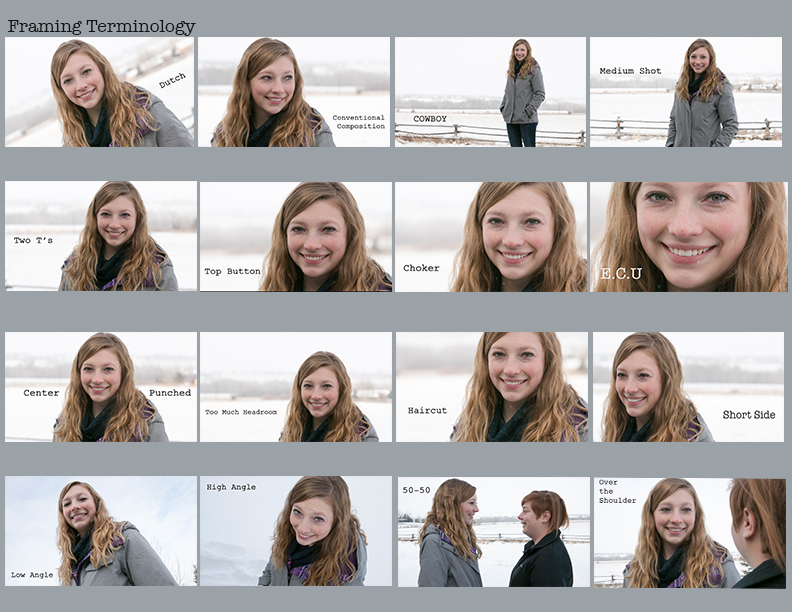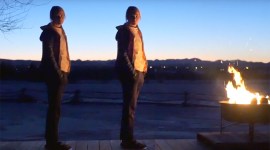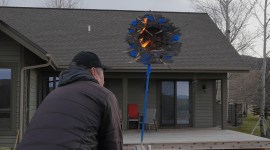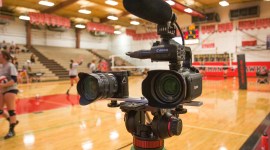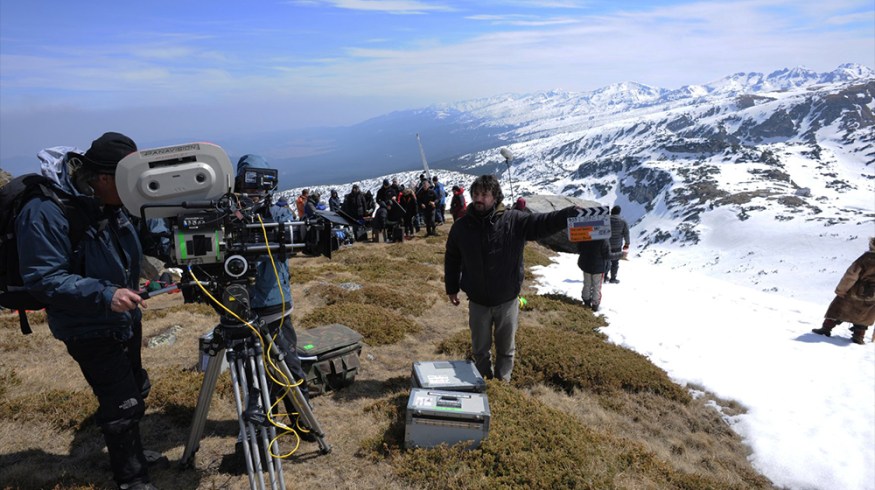
Filmmaking’s Magic Words
An effective set starts with the right language. Learn these industry terms to maximize your shoots.
Cover image from The Way Back (Newmarket Films).
“We’re losing the light!” Welcome to the time-honored, mad scramble of a shoot as the sun begins to set. We’ve all been there; some call it “magic hour” — though it rarely lasts that long. I call it “tragic hour” because it sometimes can be. If you’re going to pull off a successful shot or setup in this crucial time period, it will be because you anticipated problems and communicated key concepts to everyone clearly and concisely.
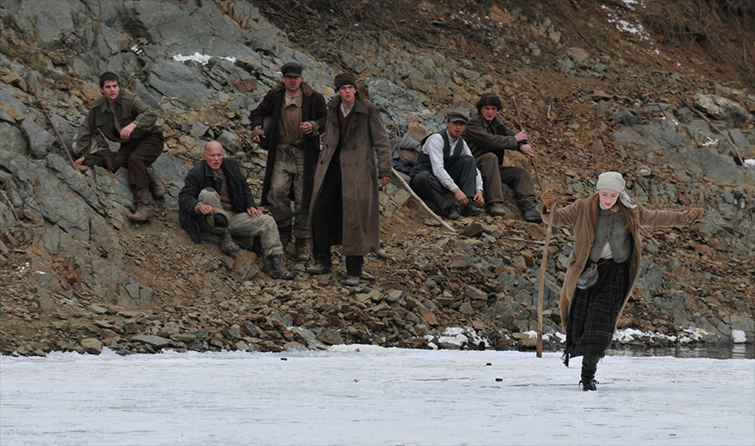
Image from The Way Back (Newmarket Films).
“Move the saddle bag upstage camera right!”
“I’ll get the over — you get the 50-50.”
“Jim, you take the big slider — Kate, you go hand held…”
Once I give instructions on set, I get out of the way and observe quietly without micro-managing everyone. Needless interruptions can doom the entire effort, and everyone would rather work with a slightly flawed scene than an unfinished one — or worse. So I usually keep quiet once the building process begins.
I rarely take time out on set for a photo, but in this case, our camera was ready and we had some time. This picture was taken in Morocco during production of The Way Back. I’m standing with my hand on the camera; Peter Weir watches patiently as the campfire set is being dressed. We’re preparing for a magic hour scene that will require five two-camera setups — fairly ambitious since we had less than twenty minutes to complete the work. The third camera came off the truck, so our DP Russell Boyd could shoot some inserts while we rolled on the scene.
All cameras were wearing zoom lenses, so we wouldn’t lose any time to lens changes. We completed the scene with a little time to spare due to good planning, time management, and clear communication.
I tell this story because there is no guarantee things will go smoothly. Technical glitches, issues with actors, and all sorts of potential problems might arise. Our job is to move quickly and efficiently so that we can bank a little time in case something does hit the fan. Believe me, you don’t want to be the reason that we’re not shooting. Always be on guard for the dreaded “Murphy’s Law.”
Saving Time on Set
Learning stage directions and compositional terms is a great way to save time and demonstrate your hard-won experience. I respect people who have a command of technical vocabulary. These descriptive words take the place of a phrase or even a sentence. Over-explaining is frustrating, distracting and time-consuming — three very bad things.
Half of the crew on The Way Back didn’t speak English — including my focus puller. Whenever time was an issue, I insisted that we had an AD standing by the camera who was fluent in English and Arabic. Ever the efficient filmmaker, Peter Weir would wisely simplify some of the setups for expediency’s sake.
Regardless of your department, learn these basic terms and you’ll contribute to the efficiency of the production. Time saved equals more shots, and everyone wants more shots.
What other terms have helped you out on set? Let us know in the comments.


